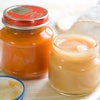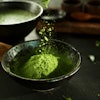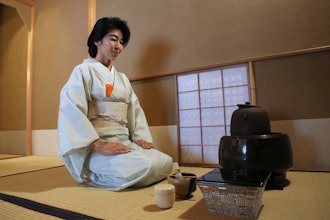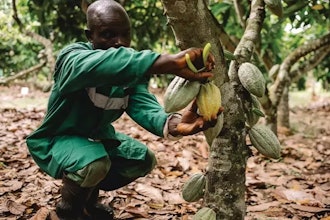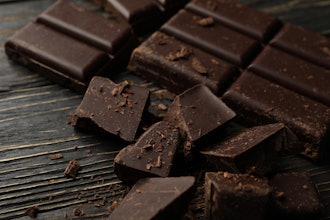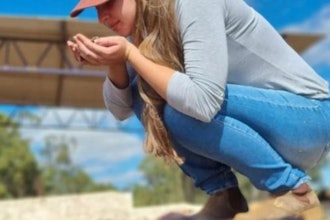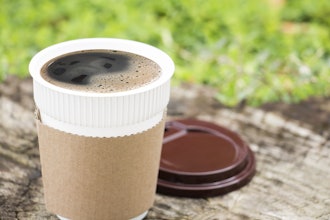TRAVERSE CITY, Mich. (AP) — Northern Michigan's tart cherry crop is in jeopardy as a spring chill froze buds that appeared during the unusual warm spell in March, farmers and industry leaders said.
It'll be several more weeks before farmers will be able to determine how badly the crop has been harmed, said Phil Korson, president of the grower-funded Cherry Marketing Institute. And the crop will be vulnerable for another month or so, a period when below-freezing temperatures are commonplace across the region.
"Every time we have temperatures in the 20s from here on out, there will be crop damage," Korson said.
Michigan is the nation's top producer of tart cherries, which are used in pie filling and other products. Orchards in a five-county section of the northwestern Lower Peninsula account for about 180 million pounds a year, nearly 80 percent of the U.S. crop.
Trees developed blossoms during a weeklong heat wave in mid-March, when temperatures topped 80 degrees five days in a row and remained mostly above 60 at night.
"That stretch was very comparable what we'd normally see in late June," said Scott Rozanski, a forecaster with the National Weather Service office in Gaylord.
But the weather abruptly returned to normal. Temperatures dipped into the 20s the night of March 25, freezing millions of tart cherry buds at their most vulnerable stage of development, when they are filled with moisture.
"It was more than just a frost, or just a freeze in low-lying areas," said Ben LaCross, a Leelanau County grower.
Sweet cherries, used as table fruit, were further ahead in their development and less susceptible to the cold.
There have been six below-freezing nights in Leelanau County since the warm period, Rozanski said. Traverse City has had eight below-freezing nights.
More cold weather is expected this weekend, and nighttime lows don't remain consistently above freezing until around April 17, Rozanski said.
Farmers have been examining trees for an inkling of how big their losses might be.
"We were definitely significantly impacted," Richard Friske, owner of Friske Orchards in Charlevoix, told the Petoskey News-Review.
LaCross said some of his buds were still capable of bearing fruit.
"I'm just looking at buds that are at shoulder height, but the trees are 25 feet high, so there's hope for those higher branches," he said. "As for the overall effect, we're still waiting to determine that."
Cold weather also discourages bees from pollinating buds, a problem that could reduce yields even in orchards that escape freezing, growers said.
Other fruit crops that might be affected include apricots, apples, peaches and grapes. Trees are developing about five weeks ahead of normal, Nikki Rothwell of the Northwest Michigan Horticultural Research Station told the Traverse City Record-Eagle.
"Even if we have acreage that's completely frozen out, we still have to care for and maintain those trees, just as if they were producing fruit," LaCross said. "They still need all the same nutrition, weed and pest control and physical maintenance. There's still a major cost associated with taking care of that acreage."


